Cross Curricular
A Cross-curricular approach is very popular in Foundation Stage and Key Stage 1 classrooms and can be extremely successful. However the teacher must be careful to ensure that the activities are planned to develop and encourage an understanding of historical concepts and historical skills - not just using a historical context for the learning. Teachers must ensure progression in all areas of the curriculum so tenuous links should be avoided.
-

The wheels (and horses…) on the bus
ArticleClick to view -

How have schools interpreted the new EYFS Framework?
ArticleClick to view -

Historical fiction: it’s all made up, isn’t it?
ArticleClick to view -
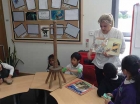
Using role-play to develop young children’s understanding of the past
ArticleClick to view -
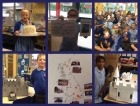
It worked for me: Knights and castles
ArticleClick to view -

How can we use significant anniversaries in our teaching?
ArticleClick to view -

Ideas for Assemblies: Refugee stories
ArticleClick to view -
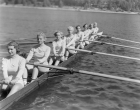
Celebrate your sporting heritage
ArticleClick to view -
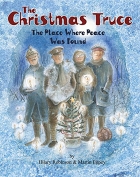
WWI primary book reviews: The Christmas Truce and Where the Poppies Now Grow
ArticleClick to view -
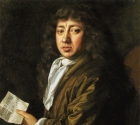
KS1: Teaching about significant individuals
ArticleClick to view -
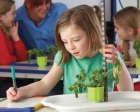
Using 'Development Matters' in the Foundation stage
ArticleClick to view -

Why stories?
ArticleClick to view -

The Great Fire of London and the National Curriculum
ArticleClick to view -

Churches as a local historical source
ArticleClick to view -
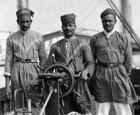
Teaching diversity through drama
ArticleClick to view -
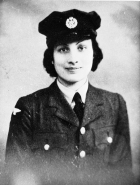
Diversity and the History Curriculum
ArticleClick to view -

Music in the history curriculum
ArticleClick to view -

Teaching famous people at key stage one
ArticleClick to view -
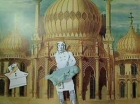
Museums, schools and creativity: How learning can be enhanced
ArticleClick to view -
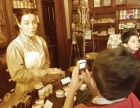
Geosong: a transition project
ArticleClick to view

